
Social anxiety is a troubling disorder for both dogs and their owners. Some dogs experience nervousness or fear in situations that involve other dogs or people. It may happen when you take your dog to the park, crowded events, or the veterinarian. Shyness or trembling are signs of anxiety; aggression may also occur. This condition is easier to manage early in a dog's life, but there are strategies you can use to help an older dog cope with social stressors.
Social anxiety refers to a condition in which dogs fear people or other animals and have a heightened stress response to sights and sounds—particularly in unfamiliar environments. Depending on the dog, the level of anxiety in a social setting can be mild or extreme. It can cause a dog to behave in ways that are not normally observed when it's in a familiar environment.
Dogs with social anxiety may be calm and happy with their family members but become anxious around strangers or unfamiliar dogs; these dogs are also likely to panic when leaving home. The signs of this disorder range from mildly distressing to severe and potentially dangerous.
Dogs with social anxiety often try to hide behind their owners and may even tremble or whine in fear. These poor pups may become so nervous that they pee or poop spontaneously, and they may also pant excessively or drool. While some dogs respond to anxiety by becoming very timid, others may feel trapped and cornered, which often results in aggression and can be dangerous to people or dogs within reach.
Proper socialization is essential for all dogs. Failure to socialize a dog early in life can result in crippling social anxiety, fear, and aggression. Some dogs that are more vulnerable to social anxiety, but it can affect almost any dog under certain circumstances.
Social anxiety is easy to spot in dogs, but a veterinary behaviorist can help pinpoint the source of an individual's discomfort with unfamiliar people, dogs, and places. They are trained to identify potential medical problems, learned behaviors, and conflict aggression—and they can help with strategies to overcome these issues.
If your dog is often anxious, there are steps you can take to help it overcome fear.
Desensitizing a fearful dog is hard work. This can be a long, drawn-out process that can take weeks to months, but it's well worth it. Helping your dog overcome its fears will not only make your pup happier, but it will also make it easier for you to enjoy outings with your canine companion. Be attentive and carefully judge how much stimulation your dog can handle at one time, increasing the social challenges at your dog's pace.
Socialization is most successful when started early. Begin the puppy socialization process as soon as possible. This essentially trains your dog to handle itself in busy situations. A well-socialized dog is not fearful of crowds and plays well with other dogs.
Start by taking your puppy out to different places. It is best to do this after it has been fully immunized against parvo and distemper. By exposing a young dog to different sights, sounds, and people, you teach it to accept new life experiences as normal.

Tetanus in Dogs
Tetanus is an infection caused by bacteria found in soil. It can cause severe symptoms in dogs and even lead to death if not treated promptly.
8 Common Dog Paw Problems
It is important to check your dog’s paws regularly for any issues and take steps to keep them healthy and protected.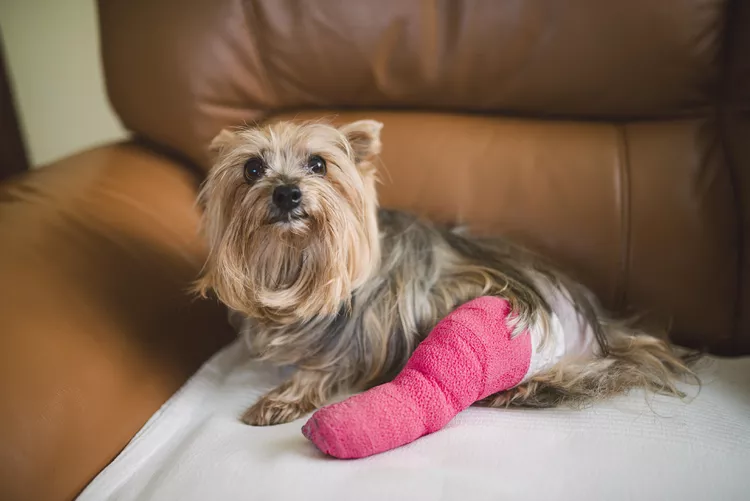
Common Injuries in Dogs and How to Treat Them
Learn about the most common injuries in dogs—whether in their legs, spine, tail, or eye—and how you should treat them with this helpful list.
Can Cats Eat Strawberries? How to Safely Share This Summer Berry
Although cats are primarily meat eaters, strawberries may be an interesting and tasty snack for your feline friend. Find out the risks of feeding strawberries to cats and how to safely let your cat enjoy this fruit.
Is Shrimp Bad For Dogs?
Shrimp can be a healthy, nutritional food for people but can dogs eat them, too? What are the main concerns with feeding shrimp to your dog?
Dog Food Basics
Are you feeding your dog the best way possible? Check out these dog feeding tips to keep your dog healthy and happy.
Rhodesian Ridgeback: Dog Breed Characteristics & Care
The Rhodesian ridgeback is a large hunting dog with a high prey drive. Learn about the breed's history, exercise needs, and more.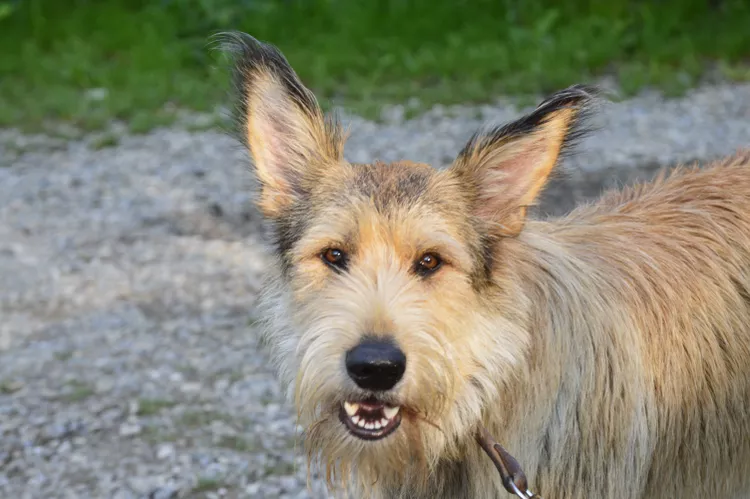
Berger Picard: Dog Breed Characteristics & Care
The Berger Picard is a French herding dog with a friendly smile and shaggy beard. Learn about its history, health, exercise needs, and more.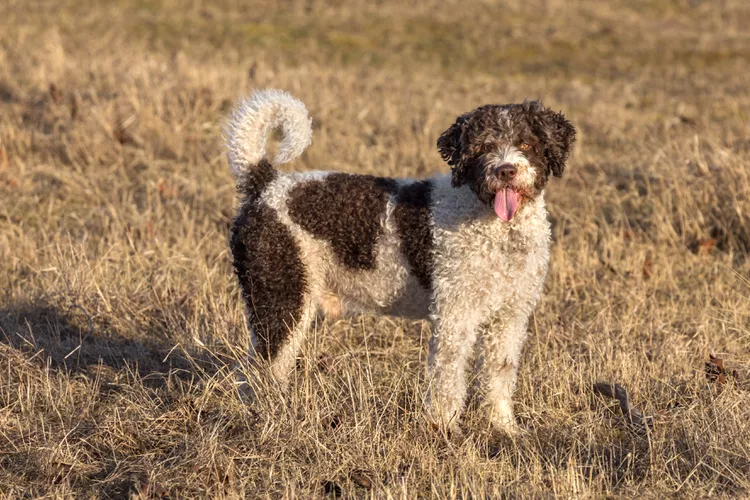
Spanish Water Dog: Breed Characteristics & Care
In the hands of an expert owner, the Spanish water dog shines as an active and faithful companion. Learn about its history, training, and more.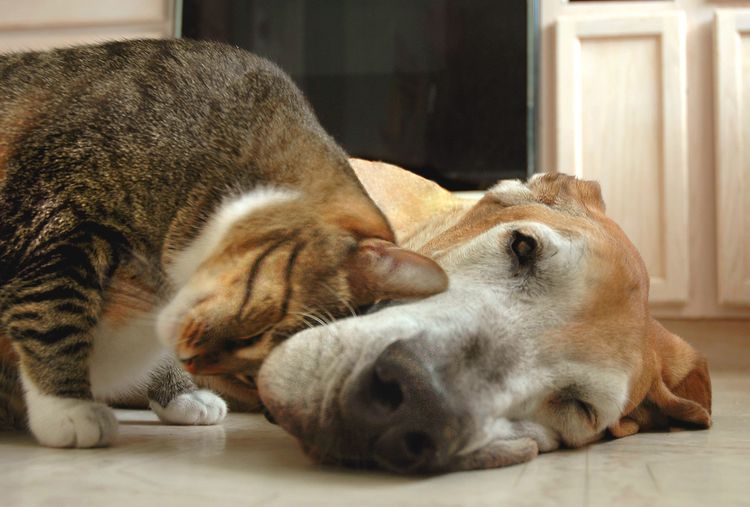
Cat Bunting Behavior: What Does It Mean?
Cats rub their heads against prominent objects to leave scent markings as a part of scent communication.
How to Train Your Cat to Stop Urine Marking
Most male (and some female) house cats will mark territory at some point. Learn the causes or cat urine marking and how to prevent this annoying behavior.
7 Reasons Why Cats Love Bathrooms
Why do cats follow you to the bathroom? Many cats—strangely enough—love the bathroom! Find out why cats seem to love bathrooms so much.
Leptospirosis in Cats
Leptospirosis is rare but potentially fatal in cats. Learn the causes, treatment, and prevention.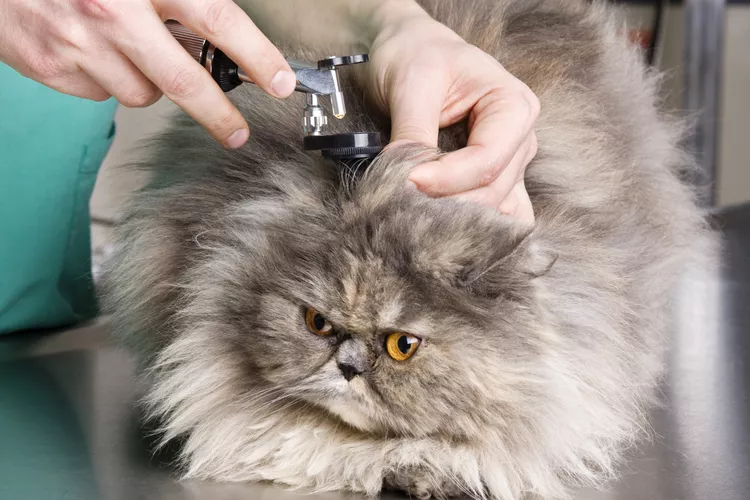
Ear Infections in Cats
An ear infection must be treated based on the source of irritation, which may be internal or external. Learn the causes, treatment, and prevention.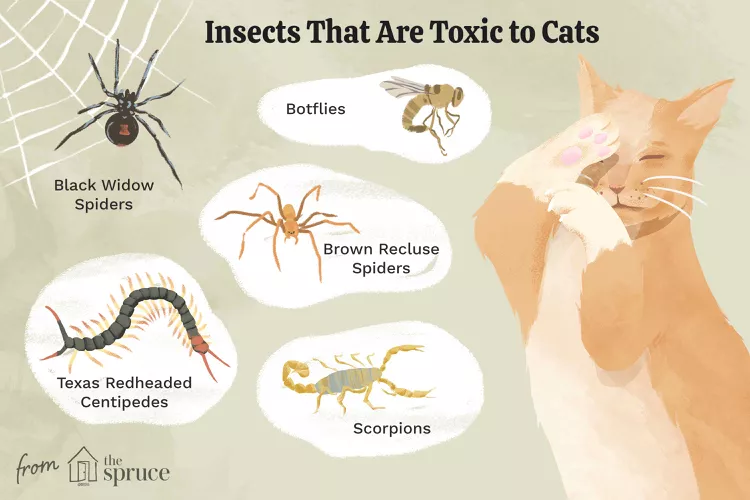
Insects That Are Toxic to Cats
Can cats eat bugs? Some bugs can cause injury or illness to your cat, while others are relatively harmless.
Testing for Contagious Feline AIDS (FIV)
Cats should be tested for the contagious feline immunodeficiency virus or FIV. Cats that are positive for the virus usually live normal lives.
Why Does My Dog Pee on My Bed?
Is your dog peeing on your bed? Find out why your dog is having urinary accidents on the bed and learn what to do about it—plus how to stop the habit.
Why Almost Any Dog Can Do Agility Training
Why Almost Any Dog Can Do Agility Training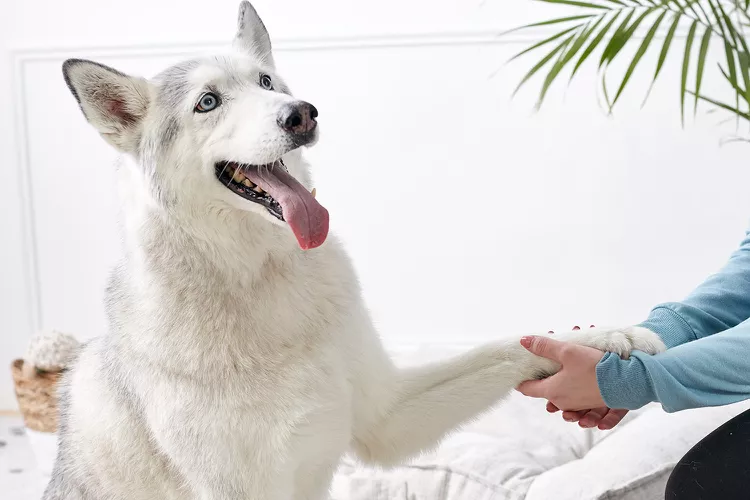
How to Train Your Dog to Shake Paws
Shaking paws is a fun dog trick that most dogs pick up rather quickly Learn how to train your dog to shake in just a few simple steps.
14 Asian Cat Breeds And Their Rich Hiss-tories
Find out more about the cat breeds that originated from Asia. Some breeds include the Persian, Oriental shorthair, and Japanese bobtail.